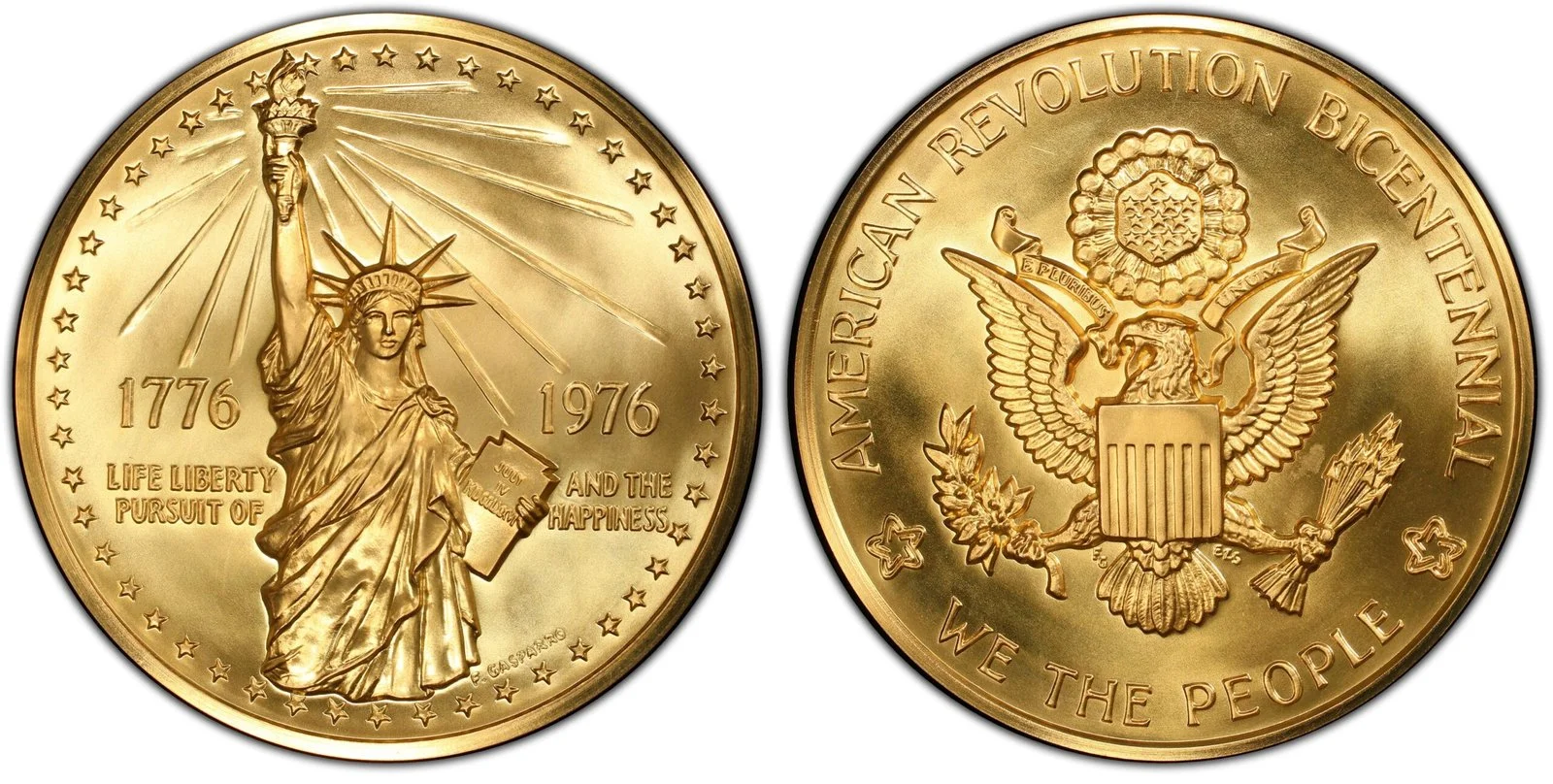10 Secret Features of Rare Bicentennial Quarters Revealed: Boost Your Collection Now!💲
with hidden features that many collectors overlook. In this listicle, we’ll uncover ten secret features of these rare quarters that can significantly enhance your collection.
1. Unique Dual-Date Feature
Unlike standard quarters, Bicentennial Quarters boast a dual-date feature, displaying both 1776 and 1976. This unique aspect is not just a design element; it signifies the historical importance of these coins. The dual-date feature makes these quarters stand out in any collection, marking a significant era in American history.
2. Distinctive Drummer Boy Design
The reverse side of the Bicentennial Quarter features a colonial Drummer Boy, a design by Jack L. Ahr. This design was selected through a national competition, making it a symbol of American creativity and patriotism. The Drummer Boy design is not only aesthetically pleasing but also represents the spirit of independence.
3. Variations in Mint Marks
Collectors often overlook the significance of mint marks on Bicentennial Quarters. These coins were minted in Philadelphia (no mark), Denver (D), and San Francisco (S). Each mint produced quarters with slight variations, making some more rare and valuable than others, especially those with the ‘S’ mark.
4. Silver Clad Variants
While most Bicentennial Quarters are copper-nickel clad, there are silver-clad variants that are highly sought after. These silver quarters were produced in limited quantities and are much rarer. Collectors who can identify and acquire these silver variants add significant value to their collections.
5. Proof Set Exclusives

The U.S. Mint released special proof sets of Bicentennial Quarters, which are of higher quality and finish than regular circulation coins. These proof sets often contain coins with sharper details and mirror-like backgrounds, making them a prized possession for any collector.
6. Overlooked Error Coins
Error coins, such as those with double strikes or misalignments, are rare in the Bicentennial series but highly valuable. These anomalies occurred during the minting process and went into circulation unnoticed. Collectors who can spot these errors can significantly boost the uniqueness of their collection.
7. Variations in Color and Toning
Over time, some Bicentennial Quarters develop unique coloration or toning. This natural process can result in a range of colors, from light gold to deep blue. These tonal variations, often influenced by the storage environment, can add a unique aesthetic appeal to the coin.
8. Uncirculated Rolls and Bags
Uncirculated rolls and bags of Bicentennial Quarters, often overlooked, can be a treasure trove. These quarters have never been in public circulation, preserving their mint condition. Acquiring these can be a smart move for collectors looking for pristine examples.
9. Historical Significance and Variants
Each Bicentennial Quarter tells a story of America’s journey to independence. Collectors should research the historical context of these coins, as some variants have unique backstories or were minted for special occasions, adding an intangible value to the collection.
10. Collector Sets and Packaging
Special collector sets and original packaging can significantly enhance the value of Bicentennial Quarters. These sets often include certificates of authenticity and are presented in protective casings, ensuring the coin’s condition and provenance.
Conclusion
The Bicentennial Quarter is more than just a piece of currency; it’s a piece of history with hidden gems waiting to be discovered. By understanding these ten secret features, collectors can elevate their collections, both in value and historical significance. Whether you’re a seasoned collector or a novice, these insights into the Bicentennial Quarters can transform your approach to coin collecting.







